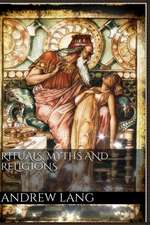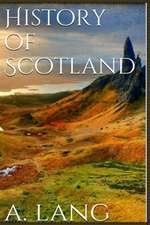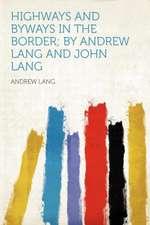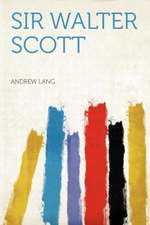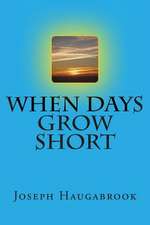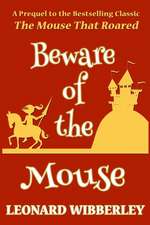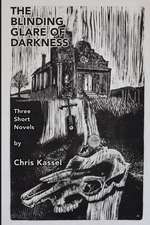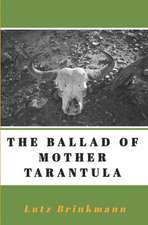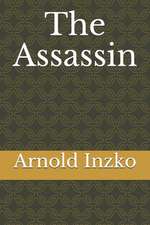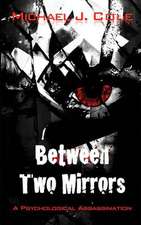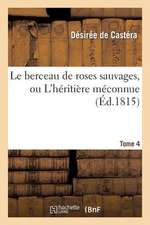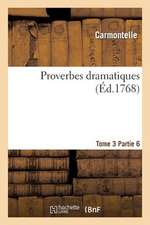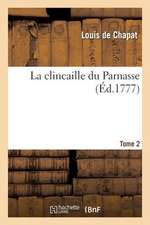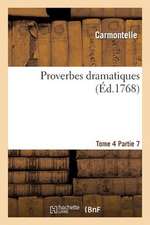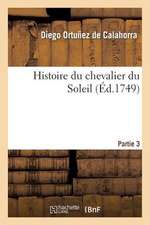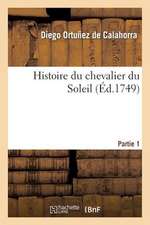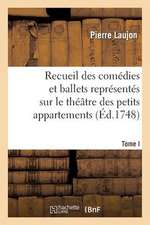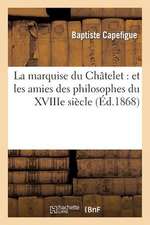The Making of Religion
Autor Andrew Langen Limba Engleză Paperback – 27 iun 2020
| Toate formatele și edițiile | Preț | Express |
|---|---|---|
| Paperback (6) | 52.91 lei 3-5 săpt. | |
| CreateSpace Independent Publishing Platform – 6 dec 2015 | 52.91 lei 3-5 săpt. | |
| CREATESPACE – | 103.43 lei 3-5 săpt. | |
| Bibliotech Press – 27 iun 2020 | 117.86 lei 6-8 săpt. | |
| Echo Library – 28 feb 2007 | 130.05 lei 38-44 zile | |
| 1st World Library – | 134.78 lei 6-8 săpt. | |
| TREDITION CLASSICS – 31 oct 2011 | 225.63 lei 6-8 săpt. | |
| Hardback (1) | 240.89 lei 6-8 săpt. | |
| 1st World Library – | 240.89 lei 6-8 săpt. |
Preț: 117.86 lei
Nou
Puncte Express: 177
Preț estimativ în valută:
22.56€ • 24.49$ • 18.95£
22.56€ • 24.49$ • 18.95£
Carte tipărită la comandă
Livrare economică 22 aprilie-06 mai
Preluare comenzi: 021 569.72.76
Specificații
ISBN-13: 9781647996130
ISBN-10: 1647996139
Pagini: 250
Dimensiuni: 152 x 229 x 15 mm
Greutate: 0.31 kg
Editura: Bibliotech Press
ISBN-10: 1647996139
Pagini: 250
Dimensiuni: 152 x 229 x 15 mm
Greutate: 0.31 kg
Editura: Bibliotech Press
Notă biografică
Andrew Lang (1844 - 1912) was a Scottish poet, novelist, literary critic and contributor to the field of anthropology. He is best known as a collector of folk and fairy tales. The Andrew Lang lectures at the University of St Andrews are named after him. Lang is now chiefly known for his publications on folklore, mythology and religion. The interest in folklore was from early life; he read John Ferguson McLennan before coming to Oxford, and then was influenced by E. B. Tylor. The earliest of his publications is Custom and Myth (1884). In Myth, Ritual and Religion (1887) he explained the "irrational" elements of mythology as survivals from more primitive forms. Lang's Making of Religion was heavily influenced by the 18th century idea of the "noble savage": in it, he maintained the existence of high spiritual ideas among so-called "savage" races, drawing parallels with the contemporary interest in occult phenomena in England. His Blue Fairy Book (1889) was a beautifully produced and illustrated edition of fairy tales that has become a classic. This was followed by many other collections of fairy tales, collectively known as Andrew Lang's Fairy Books. In the preface of the Lilac Fairy Book he credits his wife with translating and transcribing most of the stories in the collections. Lang examined the origins of totemism in Social Origins (1903).

